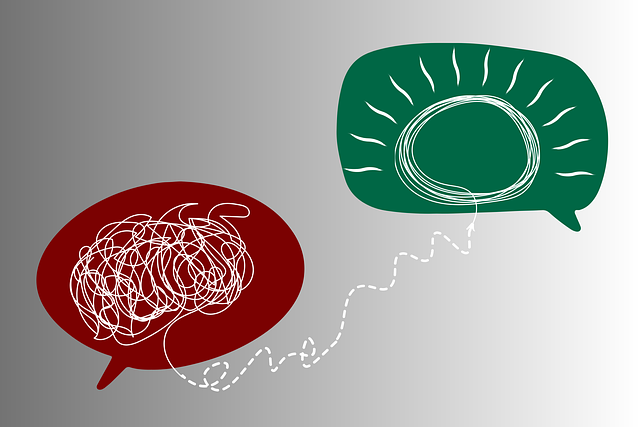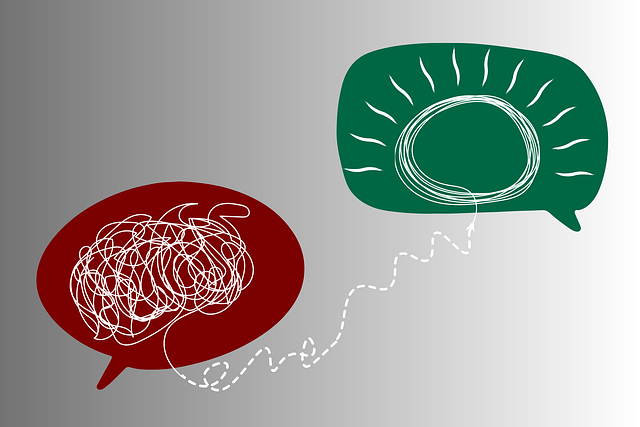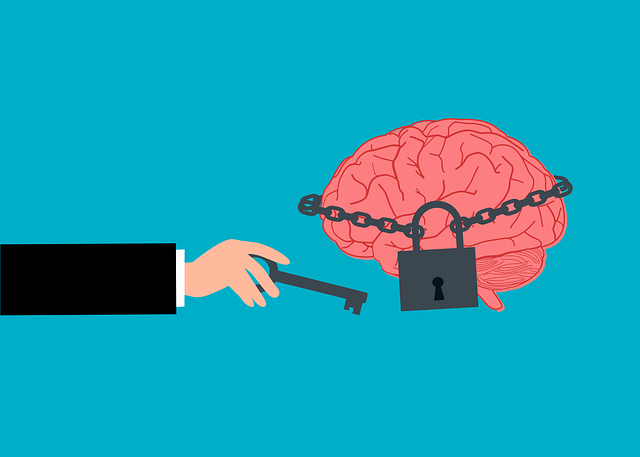Littleton Biofeedback Therapy is a holistic approach to stress management that combines relaxation exercises, mindfulness meditation, and real-time physiological feedback to help individuals regulate their stress responses. By identifying triggers, learning coping mechanisms, and cultivating inner resilience through techniques like biofeedback and journaling, people can prevent burnout, reduce anxiety, and enhance mental well-being, especially in high-pressure professions. Community outreach programs further promote mental health awareness and accessibility, fostering a healthier society. This non-invasive therapy offers effective stress reduction strategies that contribute to mental illness stigma reduction efforts, promoting understanding and self-care for improved mental health and quality of life.
Stress management techniques are essential for maintaining overall well-being. This comprehensive guide explores various strategies to combat stress, from understanding its impact and causes to adopting holistic lifestyle changes. We delve into innovative methods like Littleton Biofeedback Therapy, a non-invasive approach to relaxation, and effective self-regulation techniques. Additionally, we discuss the integration of mindfulness and meditation for daily peace. By implementing these tactics, individuals can build inner resilience and enhance their quality of life.
- Understanding Stress: Unraveling the Impact and Causes
- Littleton Biofeedback Therapy: A Non-Invasive Approach to Relaxation
- Techniques for Self-Regulation: Building Inner Resilience
- Incorporating Mindfulness and Meditation in Daily Life
- Holistic Stress Management: A Comprehensive Lifestyle Strategy
Understanding Stress: Unraveling the Impact and Causes

Stress is a complex physiological and psychological response to various internal and external stimuli. It can stem from numerous sources, including work-related pressures, financial concerns, relationship issues, or even routine challenges. At its core, stress activates our body’s fight-or-flight response, releasing hormones like cortisol and adrenaline. While occasional stress is normal and can even be beneficial for motivation and focus, prolonged or chronic stress can lead to significant health issues, including cardiovascular problems, mental health disorders, and burnout. This is particularly concerning in high-pressure professions like healthcare, where Burnout Prevention Strategies for Healthcare Providers are essential.
Littleton Biofeedback Therapy offers a holistic approach to understanding and managing stress by helping individuals recognize their unique triggers and learn coping skills development. Through techniques such as relaxation exercises, mindfulness meditation, and biofeedback training, people can gain a deeper awareness of their physiological responses to stress. This knowledge empowers them to implement effective stress management strategies tailored to their needs. Additionally, Community Outreach Program Implementation can play a pivotal role in spreading awareness about stress management techniques, promoting mental well-being across diverse communities.
Littleton Biofeedback Therapy: A Non-Invasive Approach to Relaxation

Littleton Biofeedback Therapy offers a non-invasive approach to relaxation and stress management that has gained significant attention in recent years. This innovative technique utilizes sensors attached to the body to monitor physiological responses, providing individuals with real-time feedback about their state of stress or relaxation. By learning to control these responses, users can develop a deeper understanding of their triggers and implement effective coping strategies. This method is particularly beneficial for those seeking alternative solutions to traditional therapy, as it empowers individuals to take an active role in their mental wellness development.
The effectiveness of Littleton Biofeedback Therapy lies in its ability to combine scientific principles with personalized coaching. Mental Wellness Coaching Programs often incorporate this technique as part of their holistic approach, focusing on both the mind and body. By integrating biofeedback into their services, professionals can conduct a comprehensive risk assessment for mental health practitioners, ensuring they have the tools to support clients effectively. Furthermore, the community outreach program implementation of these coaching programs can help spread awareness about accessible stress management techniques like Littleton Biofeedback Therapy, fostering better mental health within communities.
Techniques for Self-Regulation: Building Inner Resilience

Stress management begins with self-regulation and cultivating inner resilience. Techniques such as Littleton Biofeedback Therapy empower individuals to take control of their physiological responses to stress, promoting a state of calm and balance. By learning to monitor and regulate breathing, heart rate, and muscle tension, one can gain a deeper understanding of their body’s stress signals and develop more effective coping mechanisms.
Journaling is another powerful tool for self-regulation. Regularly documenting thoughts, feelings, and experiences in a Mental Wellness Journal provides clarity and offers a safe space to process emotions. This practice allows individuals to reflect on stressors, identify patterns, and gain valuable insights into their mental wellness. Through consistent journaling, one can develop inner strength, enhance emotional intelligence, and create a personalized roadmap for burnout prevention strategies, especially relevant for healthcare providers who face high-stress environments.
Incorporating Mindfulness and Meditation in Daily Life

Incorporating mindfulness and meditation into daily routines has emerged as a powerful tool for stress management, offering individuals a way to gain control over their mental well-being. Littleton Biofeedback Therapy, a specialized approach, guides people in learning these practices, which can significantly reduce anxiety and provide effective crisis intervention guidance. By dedicating even just a few minutes each day to mindfulness exercises, one can foster a sense of calm and improve overall resilience against life’s stressors.
This ancient practice encourages individuals to focus on the present moment, observing thoughts and sensations without judgment. Regular meditation has been linked to numerous mental health benefits, including burnout prevention. It allows individuals to develop a deeper understanding of their emotional responses, enabling them to make more conscious decisions in managing stress and maintaining a balanced lifestyle.
Holistic Stress Management: A Comprehensive Lifestyle Strategy

In today’s fast-paced world, stress has become an all-too-common companion for many individuals. However, holistic stress management offers a comprehensive lifestyle strategy to combat this modern-day challenge. This approach goes beyond mere coping mechanisms and aims to nurture both the mind and body, encompassing various practices that promote overall well-being. At the heart of holistic stress management lies the belief in the interconnectedness of physical health, mental clarity, and emotional resilience.
In Littleton, Biofeedback Therapy emerges as a powerful tool within this holistic framework. By teaching individuals to gain control over their physiological responses, biofeedback helps reduce symptoms associated with stress and even certain mental illnesses. This non-invasive technique empowers folks to understand and manage their bodies’ reactions, fostering a deeper connection between mind and body. In tandem with Mind Over Matter principles, where one cultivates positive thinking and self-talk, individuals can develop effective stress reduction methods that extend beyond the momentary relief offered by quick fixes. Such integrated approaches contribute significantly to Mental Illness Stigma Reduction Efforts, as they promote understanding and self-care, ultimately enhancing overall mental health and quality of life.
In conclusion, managing stress effectively is a vital skill for navigating life’s challenges. By understanding its impact and causes, individuals can employ various techniques like Littleton Biofeedback Therapy, self-regulation strategies, mindfulness, and holistic approaches to cultivate resilience and overall well-being. Integrating these practices into daily routines offers a comprehensive, non-invasive method to combat stress, enhancing quality of life.














